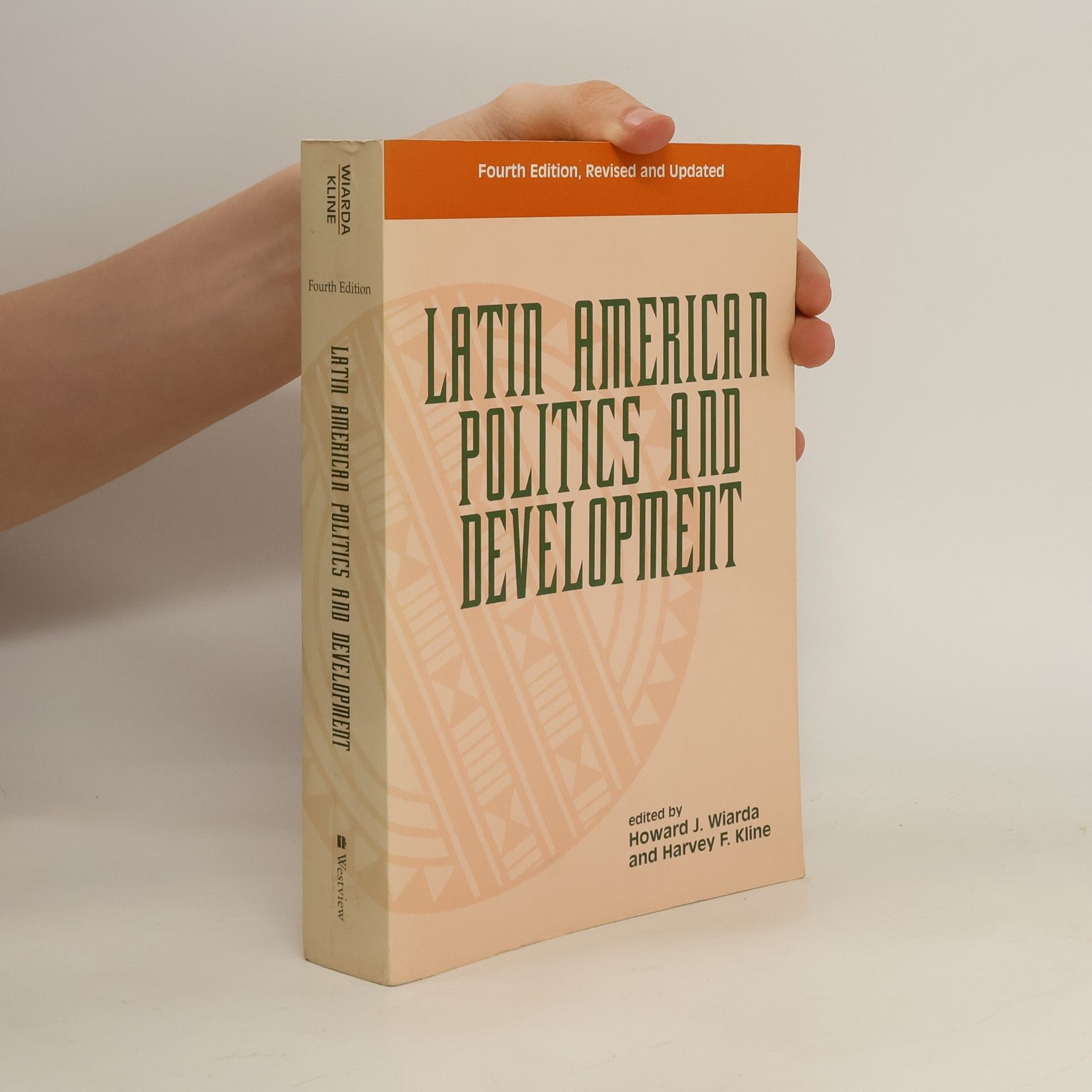Political patterns before 2002 : the context of government decision making before the administration of President Álvaro Uribe -- Changes in the balance of power during the administration of President Álvaro Uribe -- The beginning of the negotiations and the first three agreements : August 2010 to March 2014 -- Victims and justice : June 2014 to September 2015 -- The final negotiations : March to August 2016 -- The debate about the peace agreement and the plebiscite -- The renegotiations and the second final agreement -- The reasons an agreement with the FARC was reached -- Tentative conclusions about the implementation of the agreement
Harvey F. Kline Livres



Latin American Politics And Development
- 592pages
- 21 heures de lecture
This revised edition reflects the political and economic developments that have occurred in Latin America in the 1990s. It emphasizes the trend towards elected, democratic governments, while underlining the difficulties of establishing democracy. Each country is analyzed.
Fighting Monsters in the Abyss: The Second Administration of Colombian President Álvaro Uribe Vélez, 2006-2010
- 268pages
- 10 heures de lecture
Examines the complex constraints and trade-offs the second administration of Colombian President Uribe (2006-2010) encountered as it attempted to resolve that nation’s violent Marxist insurrection and to have a more efficient judicial system.